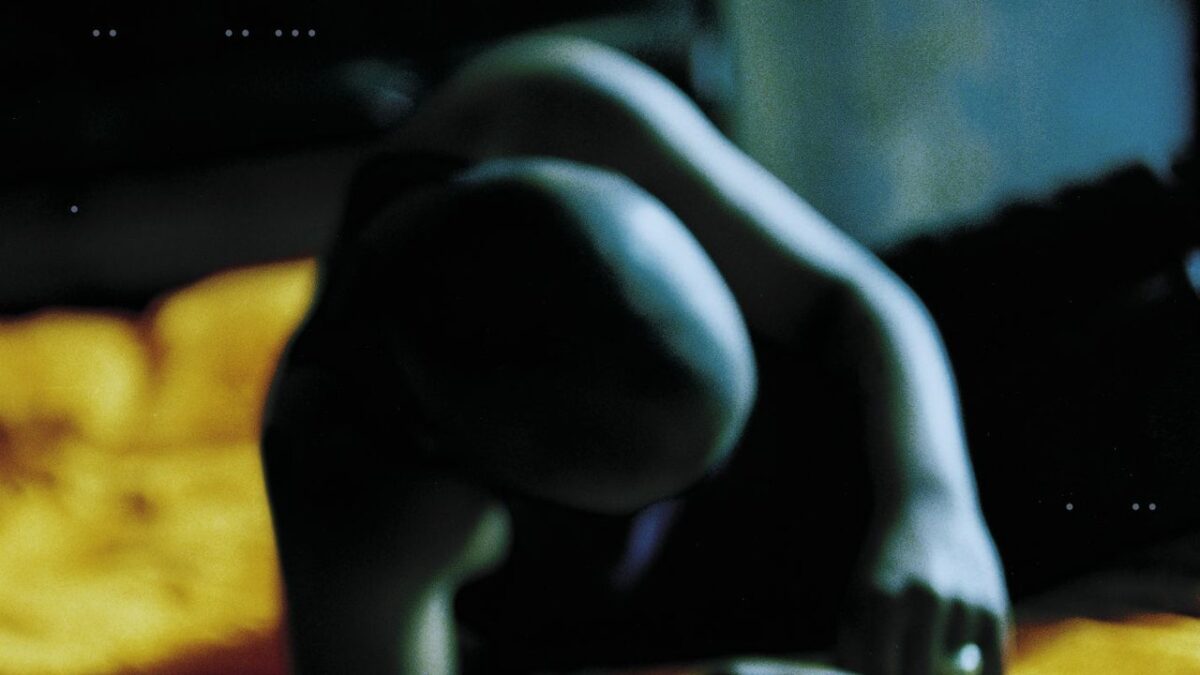
Bitter blossomed gradually out of this hurt. If she was going to make a new album, she needed a new approach. She wrote a few songs with David Gamson, former member of Scritti Politti and producer of Ndegeocello’s first two records. While those albums were smooth soul-funk records chopped up by drum machines, the material Ndegeocello was writing merited a recording process that was more subtle, more live. The songs seemed to fall in line with other singer-songwriters of color that had traveled across the racial boundaries of genre before her, into a kind of celestial folk music: Joan Armatrading, Richie Havens. (Blackness isn’t genre, Ndegeocello is more or less always saying with her work—a person’s race doesn’t necessarily predict the sounds they’re surrounded with or eventually make.) She hired producer Craig Street, who had just recorded a standards album with k.d. lang, to foster this sense of naturalism, to make songs that were less composed and more played, a room of musicians responding to each other’s faintest gestures.
How better to craft a work of art about loss than with an act of subtraction? Peace Beyond Passion’s songs constantly move, developing new branches of melody as they go. Bitter, by contrast, would almost seem static if you didn’t also register its constant quiverings. They are spectral songs in terms of genre, spartan as folk, dynamic as jazz, on edge with feeling as the most incandescent soul record. Sometimes the music stirs lightly, as if it’s been awake in bed for hours, depressed, only moving when necessary. Sometimes it follows a memory back to when the relationship was strong, then casts its focus to when it was only a few strands away from fraying; this is the feeling the title track spins through, just Ndegeocello’s voice and an acoustic guitar wringing the final poisoned kisses out of a courtship that’s run its course. The whole album is like this, an account of a relationship that is constantly adding footnotes to itself: This is where I was almost unfaithful to you, yet here as well is where I felt hopelessly devoted to you. Monogamy is untenable and eventually unbearable—as Ndegeocello sings, “No one is faithful/I am weak, I’ll go astray”—but someone can still be the only person who satisfies you, their love your lone “saving grace.”
It’s at the center of these tensions where Ndegeocello can most effectively play the masculine and feminine against each other, inhaling as one, exhaling as the other, wearing each persona like a mask. A man loves his girlfriend with “sweetness and sincerity,” while she only offers him the pretense of love, a deliberate reversal of how heterosexual relationships are usually depicted. Later, in “Loyalty,” Ndegeocello creates and fully inhabits a man and a woman who, despite the broken homes they emerge from, are trying to find something permanent in each other, even though something yawns beyond them, a future they can’t quite see clearly, where everything they know may end in hurt—as the girl’s mother (another perspective Ndegeocello manages to sneak into) tells her, “Trust only in change, ’cause hearts change/But betrayal always feels the same.”













